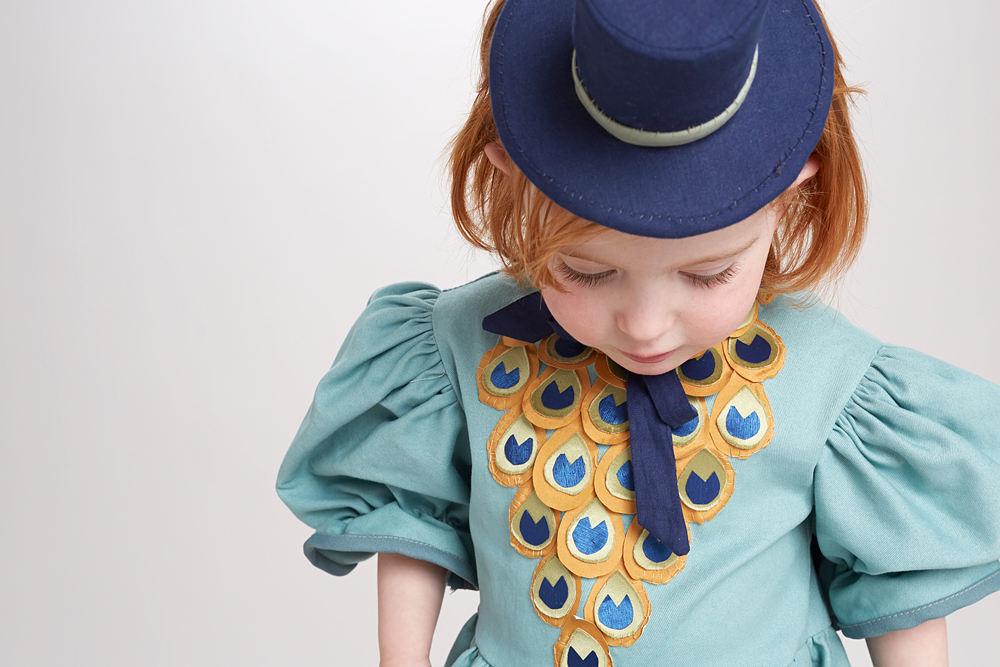
Early in my career as a Montessori teacher, I had a three year old student in my class who would enter the classroom every morning, lunchbox in one hand and bag slung over his other shoulder, pass me at the chair from which I was greeting children and flick one hand at me in a silent acknowledgment of my cheerful, "Good morning!" as he made his way to his cubby.
Every morning. For an entire year. He didn't say a word in class. He never accepted a lesson and he observed other children at work all day long. He played happily on the playground with one or two other boys, but otherwise chose not to socialize with his peers. He sometimes would answer my questions quietly during carline, and once or twice asked for help reaching his clothes when he wanted to change them, but otherwise moved like a silent guest around the room.
For an entire year.
I have never been so grateful for the faith instilled in me by a set of parents as I was that year.
Because, while this boy never placed a finger on a material in the classroom that year, while he politely refused every offer of a new lesson and declined any support from the teachers to engage with other children in the classroom, he was nonetheless comfortable, calm and at ease. Throughout that year, he observed endless lessons other children completed. He watched with the eyes of a scientist, his hands gently resting on his stomach or clasped behind his back. He listened attentively to every book I read and danced with a sheepish smile at group time.
And in the first week of his second year in the classroom, he asked if I would please make available the Golden Beads, because he'd like to do some multiplication. And then, in the first week of his second year in the classroom, he wrote his own equations for four-digit multiplication, combined the Golden Beads and recorded his results, bringing home endless tiny sheets to his parents to demonstrate his work.
We often have strong ideas about what happy children look like. We presume they're gregarious and noisy, gleeful in their joy. But when we define children's joy by how we might individually express it, we limit who they are and we pressure them to be more like us. Sometimes joyful children are noisy. Sometimes they're very quiet. And a child's choice to observe, to take in the world and reflect upon it, to watch as carefully as that little boy must have been watching all year long, does not mean the child is not at work. Sometimes children will hold their tongues all day long, only to download a day's worth of chatter when they get home. Sometimes children will be ceaseless chatterboxes at school, only for you to learn that, at home, they are "the quiet ones."
What children say is one way of knowing them. But so is how they move in the classroom, whether they offer help to other children in need, whether they respect other children's work space and concentration, whether they're kind, whether they're responsible for themselves, whether they're calm. So is the look in their eyes when they're watching something that enchants them, or the banter between them and their caregivers as you help them into the car. If we want to preserve the intrinsic nature of children, we might start by protecting its diversity.
Don't worry about whether your child is the funniest kid in the room. Don't worry about whether she's right in the middle of the action or the chattiest child on the playground. Look, instead, for whether she seems at ease. Ask her about what's interesting to her. Ask her how she'd like to play instead of telling her to "go play." Our classrooms and our world need loud children and quiet ones. We need boisterous ones and careful observers. Our role is not to change children, but to protect who they are so that the gifts they have can be best shared. The quiet children may make it more challenging for us to know them, but that doesn't mean they lack the same depth of joy or the same capacity for compassion as more gregarious children. It just means we have to work differently to understand them, so that, like the child whose nature is unmistakable, we can create the environment best prepared to serve them.
